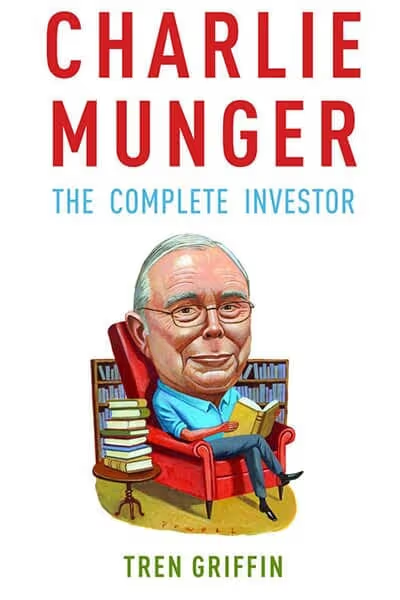Prepared
Diane Tavenner, founder of Summit Public Schools, offers a blueprint for a better way to educate our children, based on the revolutionary lessons, insights and methodology she and her faculty developed over 15 years at their famously successful charter schools in California and Washington, which she is now introducing to public school systems across the country that Summitt is partnering with to transform education and better prepare our children to lead fulfilled and successful lives.
Diane Tavenner founded the first Summit charter school in 2003, developing and perfecting a personalized, project-based curriculum that puts students in charge of their own learning. The school developed a personalized learning plan for every student. They engaged the students by engaging them in interdisciplinary, real-world projects, rather than passively learning and memorizing in a classroom environment. They created mentorship groups, where students would talk through their goals and help each other solve problems, as well as meet one on one with their mentor, weekly. By internalizing a sense of purpose, self-direction, self-sufficiency, collaboration, students learn the cognitive and life skills needed to navigate the next phases of their lives. Virtually 100% of Summit's original 400 students went on to attend four year colleges. In the years that followed, Summit opened 10 more charter schools in California and Washington, to similar success, and national recognition.
Today, Tavenner, and Summit Public Schools, are partnering with 400 public schools, across 40 states, and over 3500 teachers and 80,000 students, to bring the Summit Learning Program and teaching practices to school systems everywhere. With generous support from Priscilla Chan and Mark Zuckerberg's nonprofit organization, which calls Summit "the future of education," and over one hundred million dollars in contributions from the Gates Foundation, Summit is revolutionizing how our children are educated.
The 1950s, the top skills employers wanted were: 1) the ability to work rapidly and for long periods of time, 2) memory for details and directions, and 3) arithmetic computation. But according to Forbes, the employees of 2020 need: 1) complex problem solving, 2) critical thinking, 3) creativity, 4) people management, 5) coordinating with others, and 6) emotional intelligence. Employers want innovative thinking, independence, initiative.






















































